Last week we talked about balloon-based astronomy. This week we’re going to talk about putting balloons on rockets and making observations mid-flight. Welcome to the world of sounding rockets.
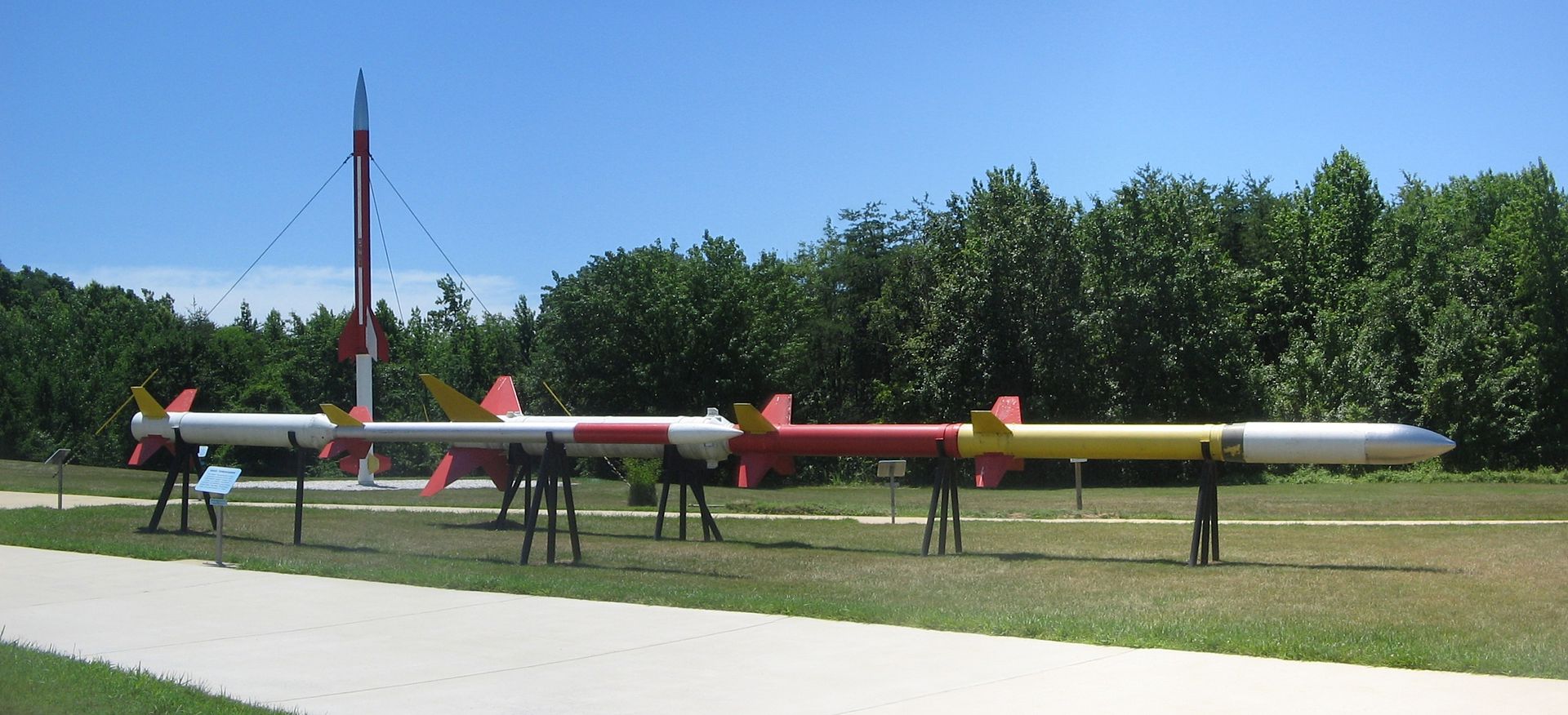

Last week we talked about balloon-based astronomy. This week we’re going to talk about putting balloons on rockets and making observations mid-flight. Welcome to the world of sounding rockets.
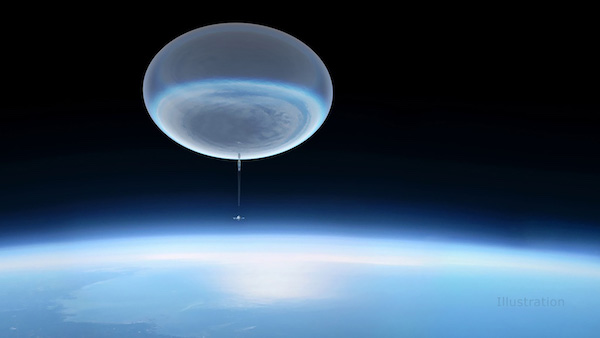
When you think about the world’s observatories, I’m sure you’re imagining huge telescopes perched atop mountain peaks, or space telescopes like Hubble. But you might be surprised to learn that some telescopes are carried high into the atmosphere on board balloons. What can they accomplish?
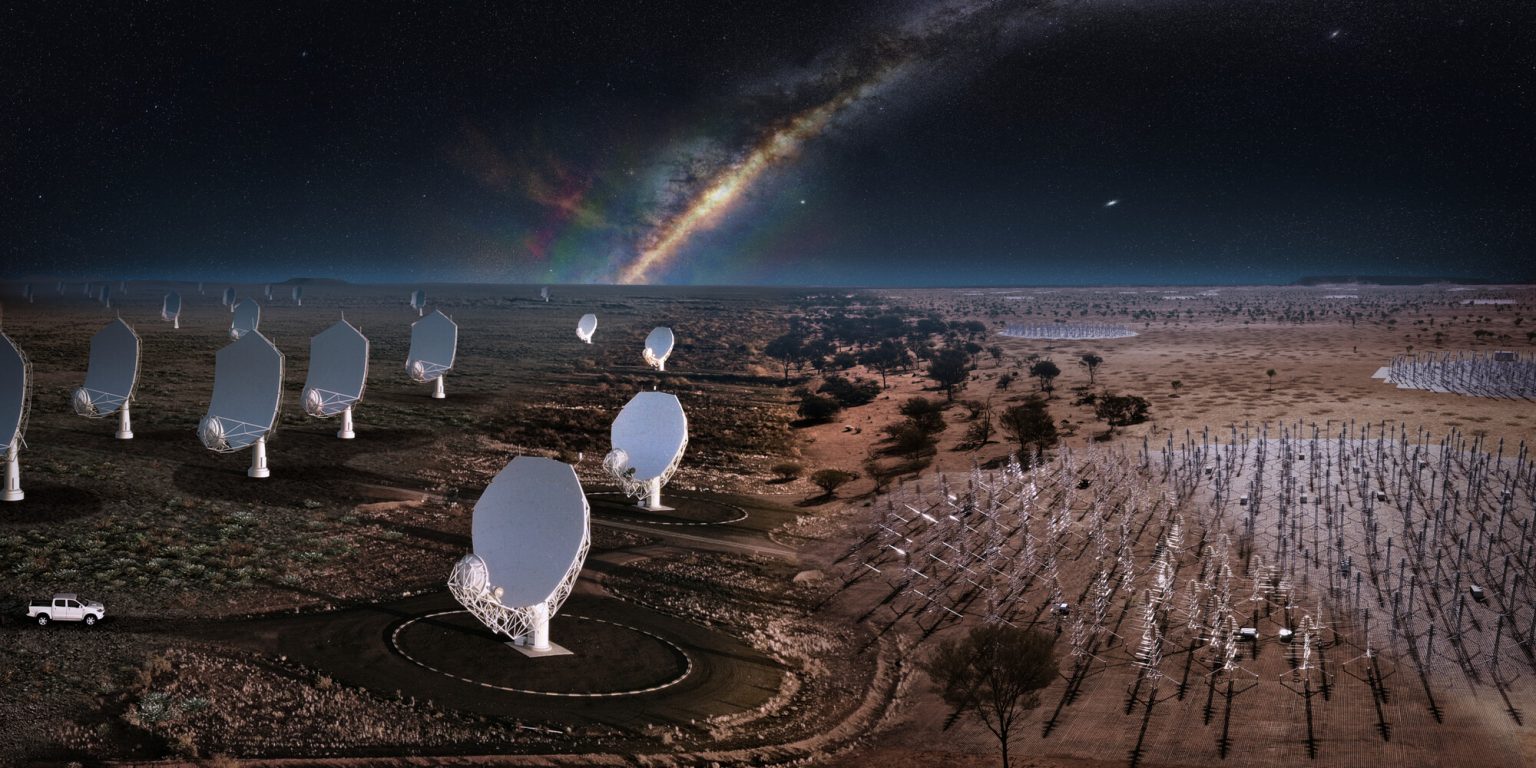
Last week we talked about how new telescopes and techniques are allowing astronomers to explore the shortest wavelengths of light. This week, we go to the other end of the electromagnetic spectrum, and explore the longer radio waves which are now accessible to astronomers.
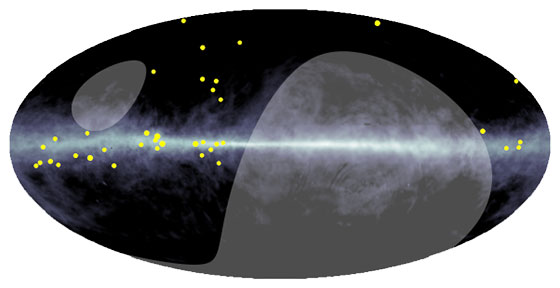
The Earth’s atmosphere protects us from a Universe that’s trying to kill us, but it also blocks our view of the extreme cosmos, like seeing x-rays and gamma radiation. Space telescopes are changing our view of the most extreme events in the Universe.
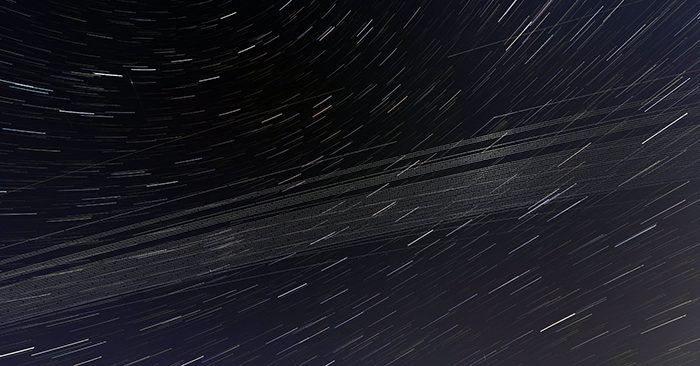
Day by day, we’re losing our connection with the night sky. Already 1/3rd of humanity lives in so much light pollution that they can’t see the Milky Way without a drive. And now satellite constellations are adding additional light pollution, even in the darkest skies on Earth.
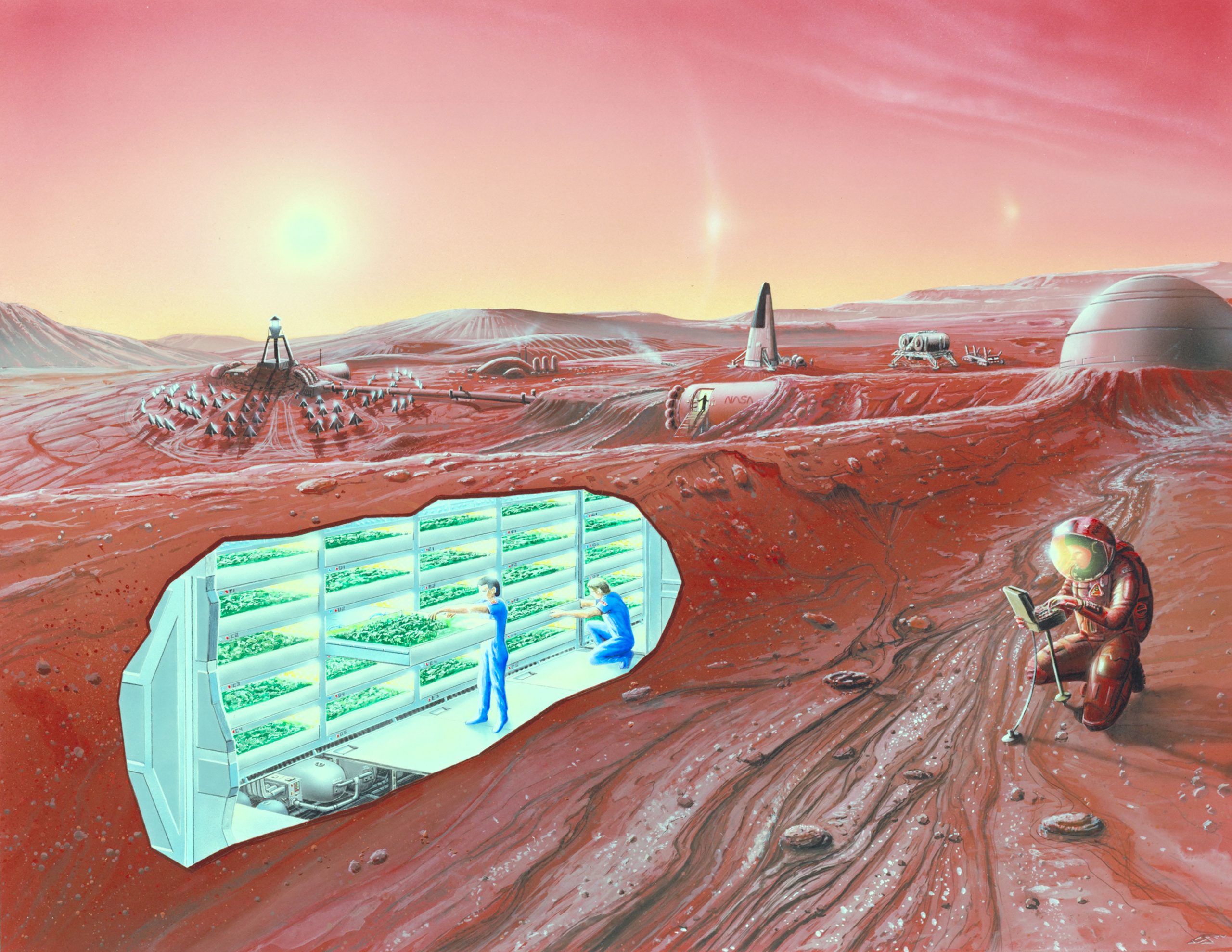
Today, we gaze into the future of space and astronomy. What upcoming missions and events are we excited about?
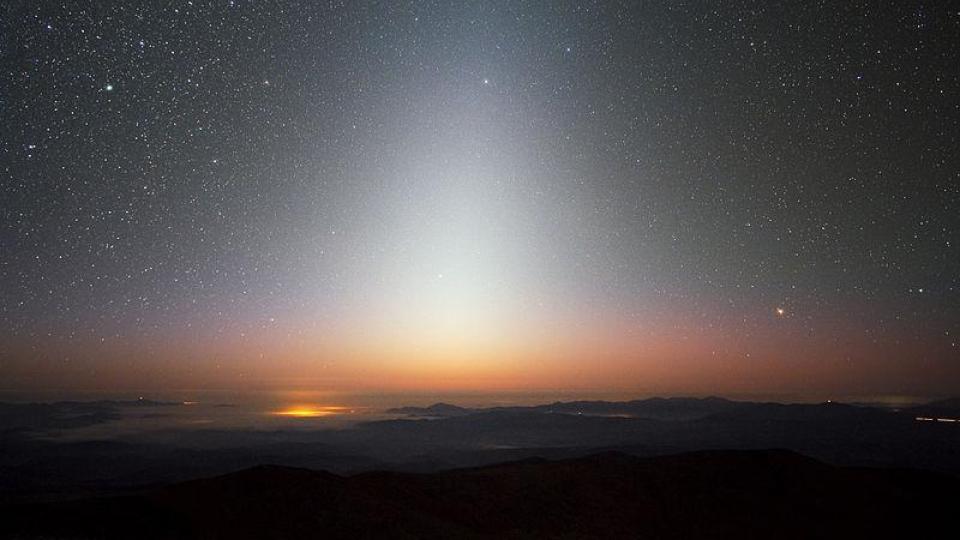
Pamela has told us in the most flowery terms about the diffuse dust across inner solar system. Leftover from the formation the inner planets. Well, it turns out, she was wrong. Super wrong. Time to update.
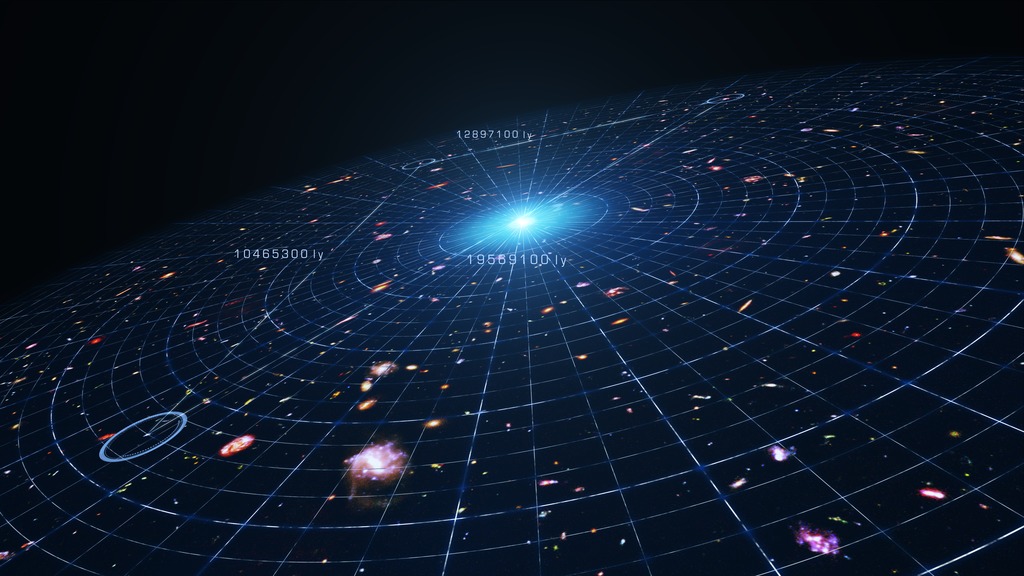
It’s been a while since we checked to make sure the Universe was still expanding. Yeah, apparently, that’s still a thing. But in the last few years powerful new telescopes and expansive surveys have given us much more knowledge about what’s happening.
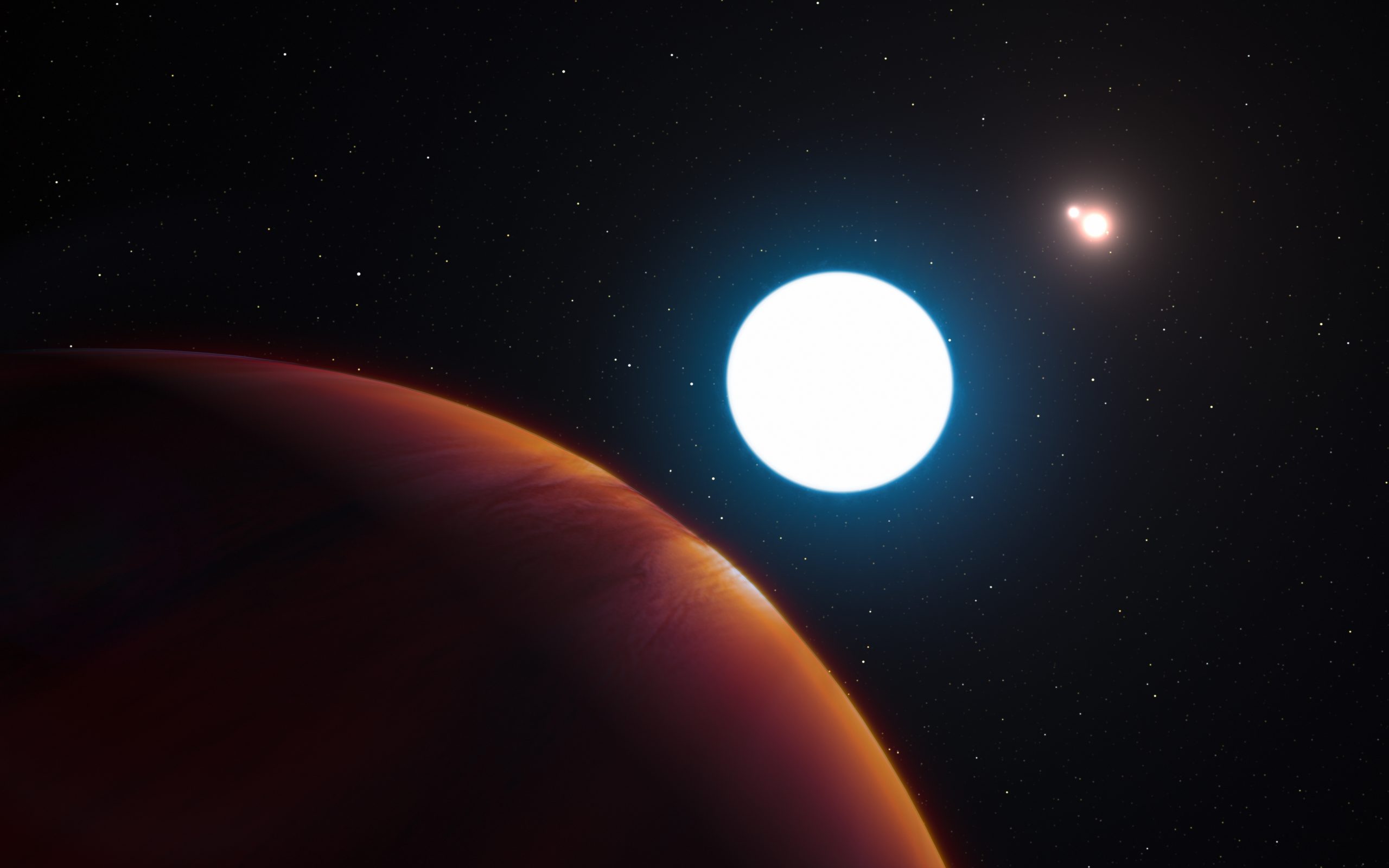
This is going to be another one of those evergreen topics, where we come back to again and again. Finding planets. Every time we talk about this now, it seems like we’ve gained thousands of new planets. Well buckle up, new techniques will grow that by tens of thousands and even millions.
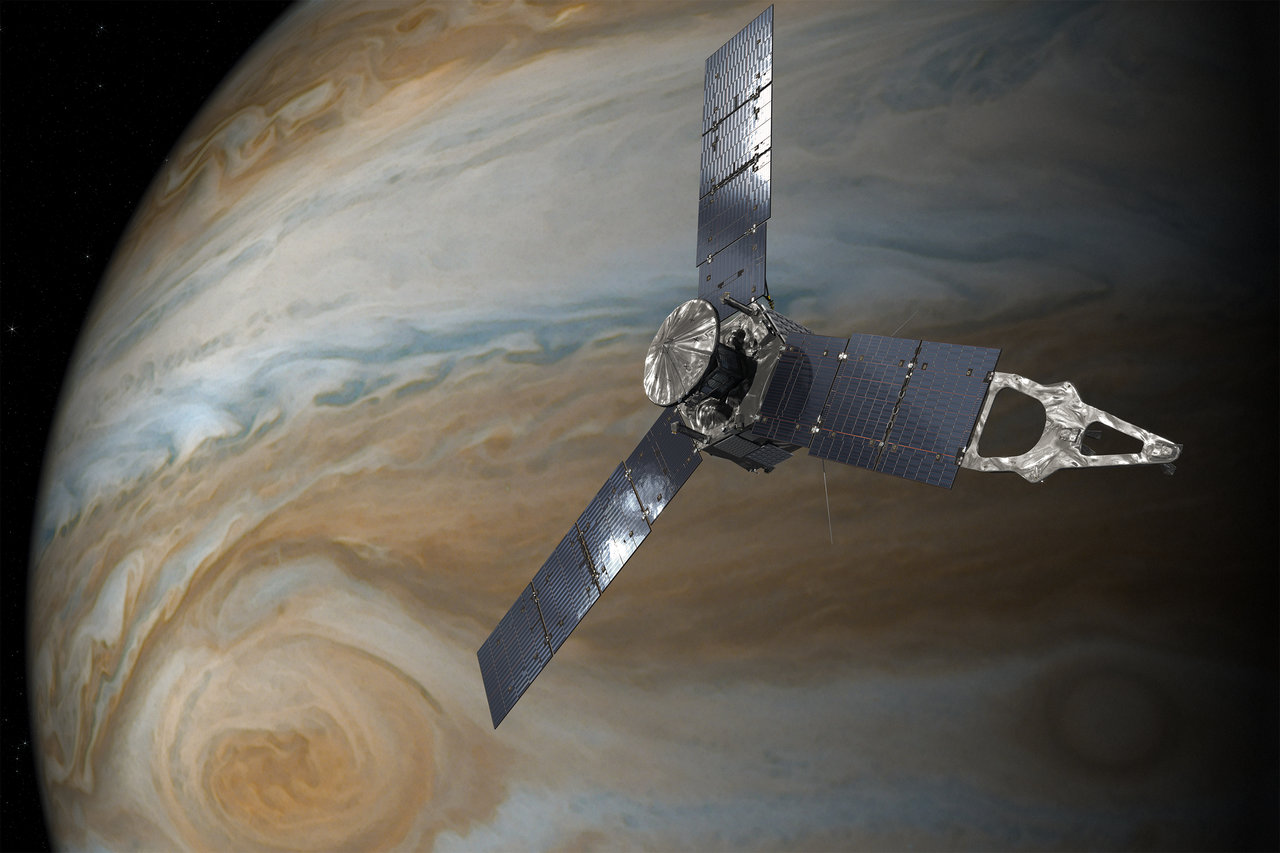
Pamela’s always loathed to talk about spacecraft until the mission’s in space and the science is rolling. NASA’s Juno mission just received a mission extension, adding Jupiter’s moons to the menu. Now, finally, we can talk about Juno.
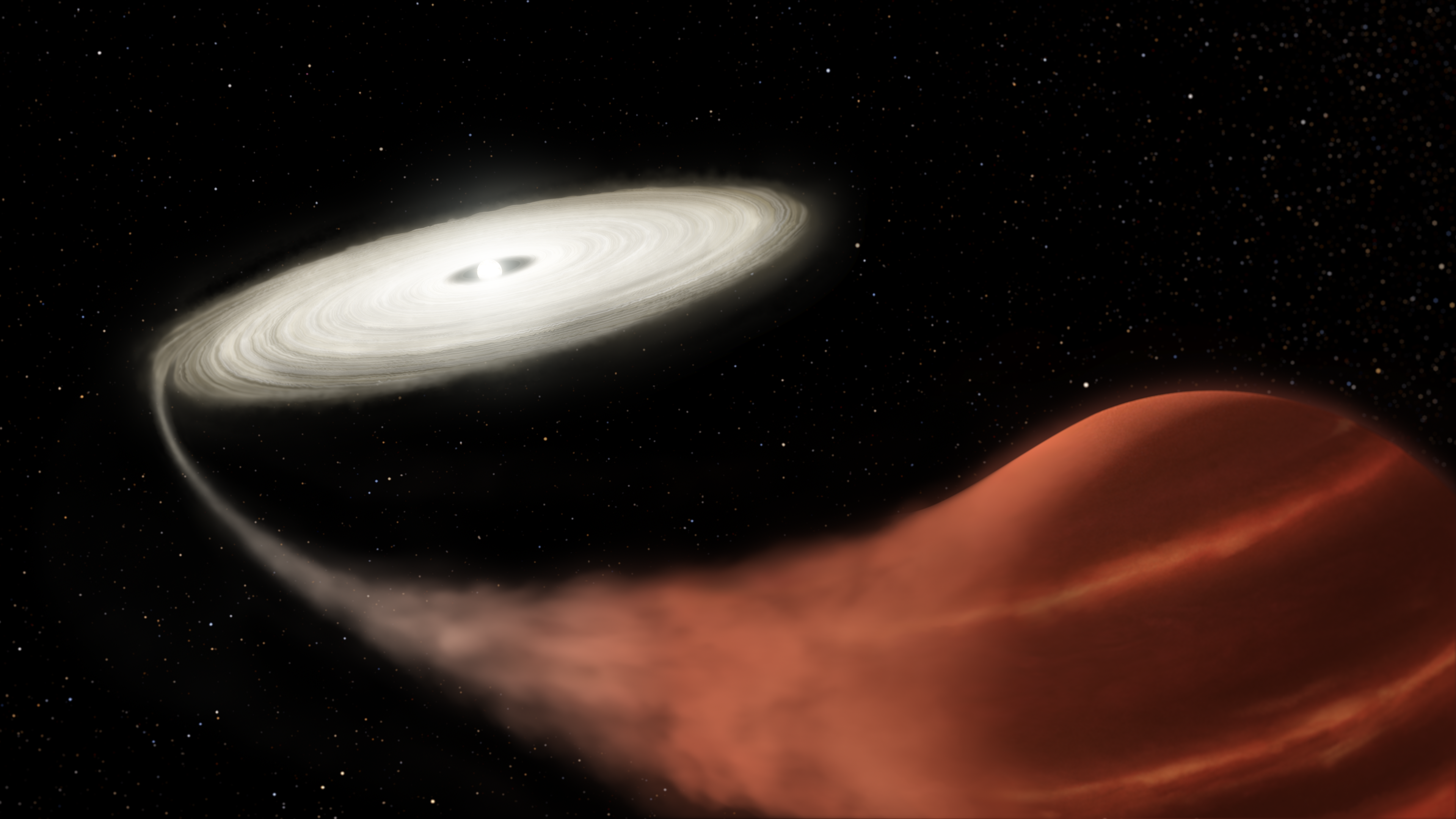
Stars often come in groups of two or more. And if they’re orbiting close enough to each other, one star can feast on the other. And when that happens, well, mayhem ensues.
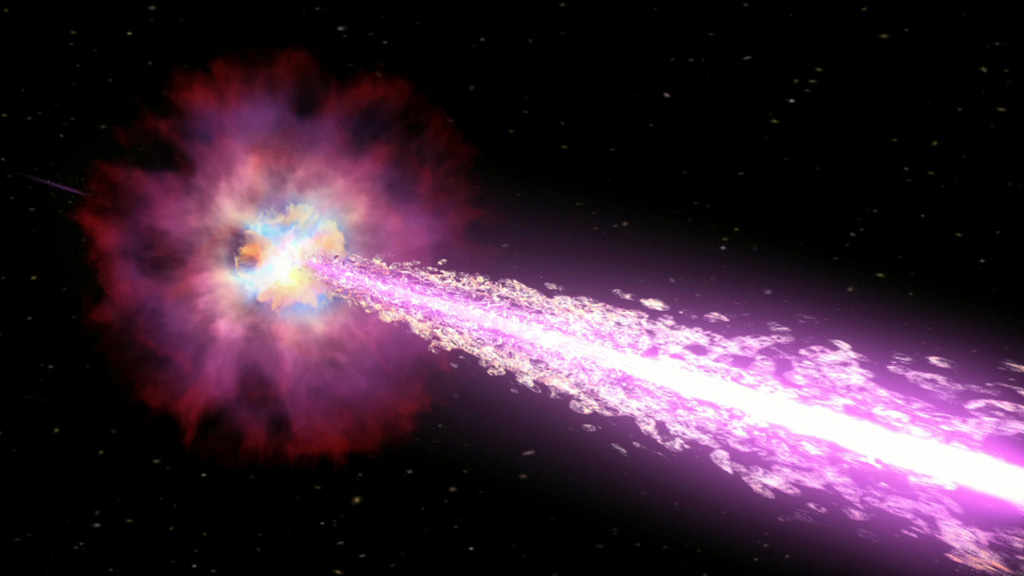
Some of the most powerful explosions in the Universe are gamma ray bursts, capable of blasting a beam of death halfway across the galaxy. In just the last few years, astronomers have discovered a tremendous amount about these blasts, and what’s actually causing them. The answer, of course, is that it’s more complicated than we thought.
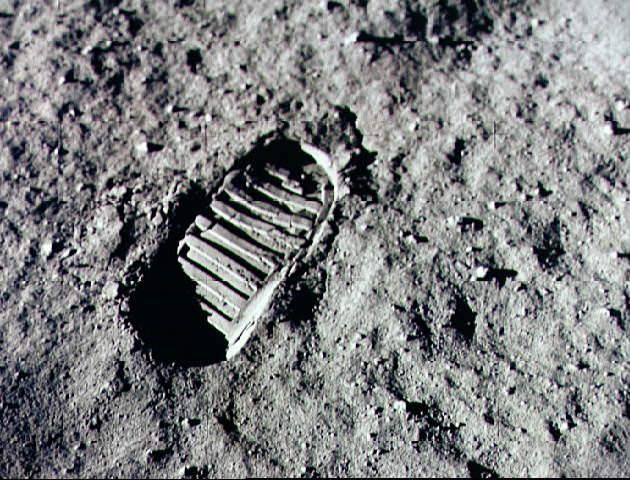
2024 can’t come soon enough. You know, that’s the year when humans will set foot on the Moon again. Don’t you roll your eyes. That’s the plan. Well, unless the plan changes. But my point is, explorers going to the Moon will need to be concerned about all kinds of hazards, like dust, radiation and gigantic moon worms.
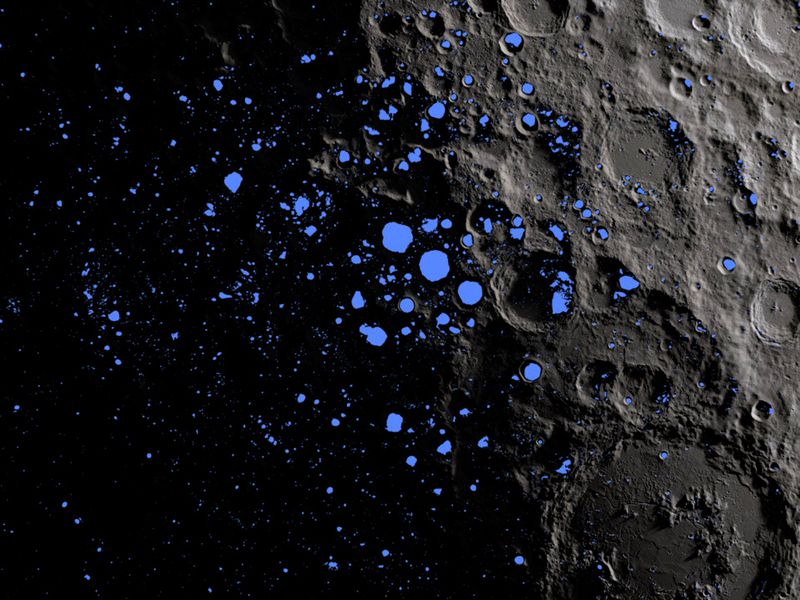
We’ve talked about water on the Moon many times here on Astronomy Cast, but there have been a bunch of big updates, thanks to new research from NASA and others. Today we’re going to give you an update on the state of water on the Moon and the plans to take advantage of it.
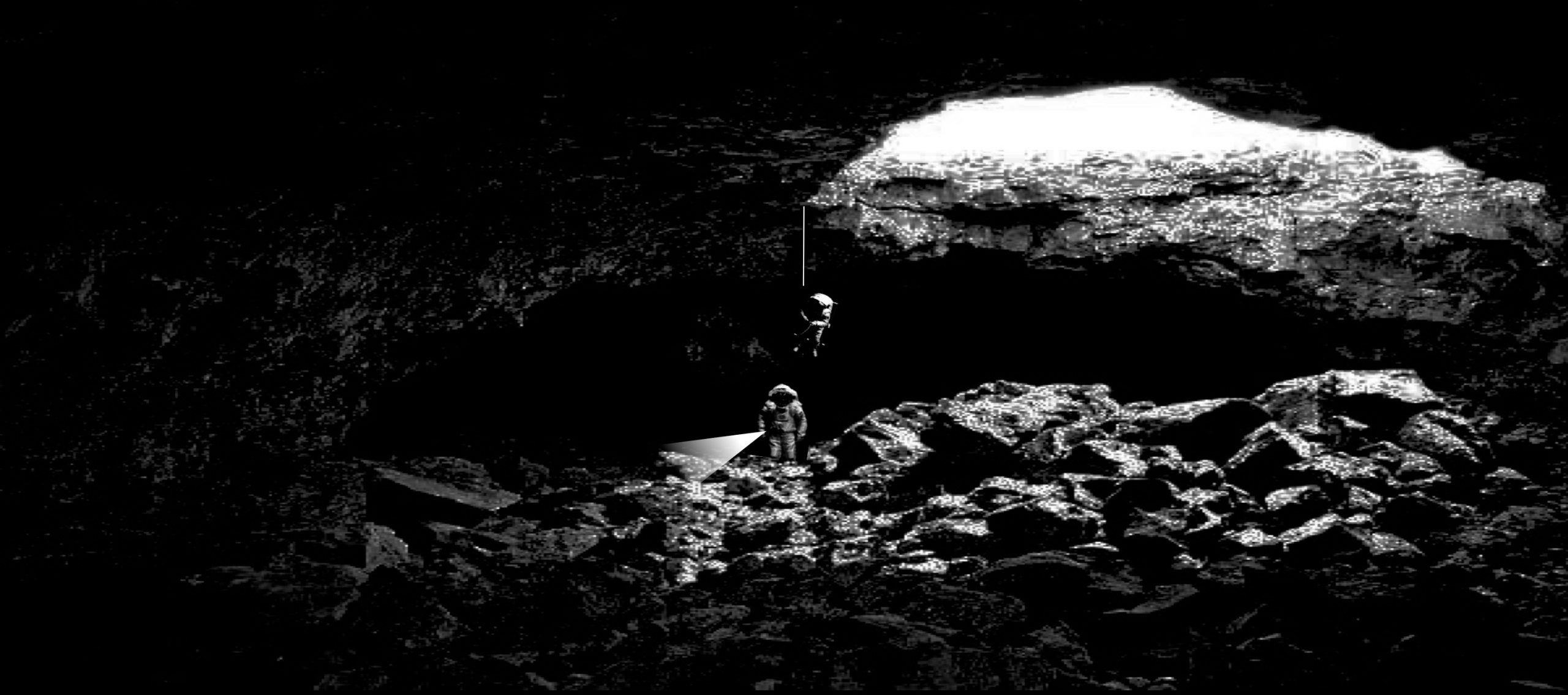
All eyes are on the Moon. We’re going back, this time to stay… right? One of the best resources on the Moon will be the lava tubes that crisscross the subsurface of the Moon. These can provide protection from space, and a look into the geologic history of the Moon. And they can be enormous.
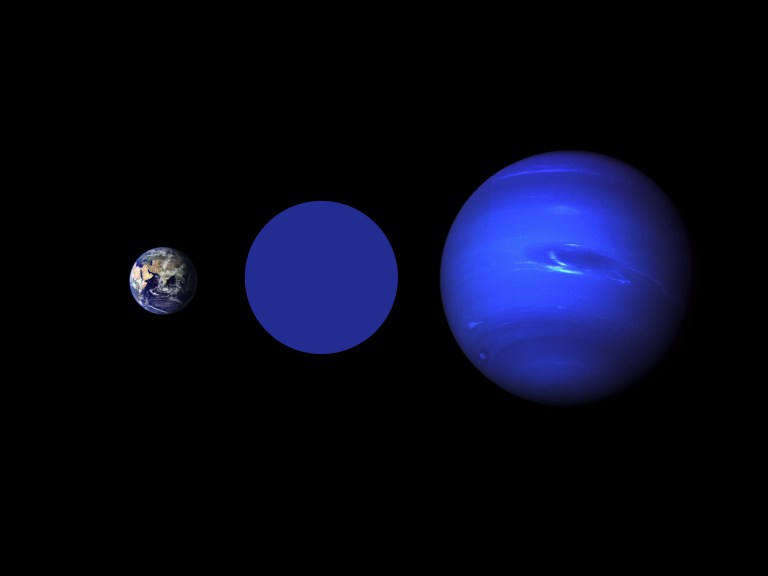
As astronomers are finding even more new extrasolar planets, they’re starting to discover entirely new categories. There are classes of planets out there that we just don’t have any analog here in the Solar System. Let’s talk about them.
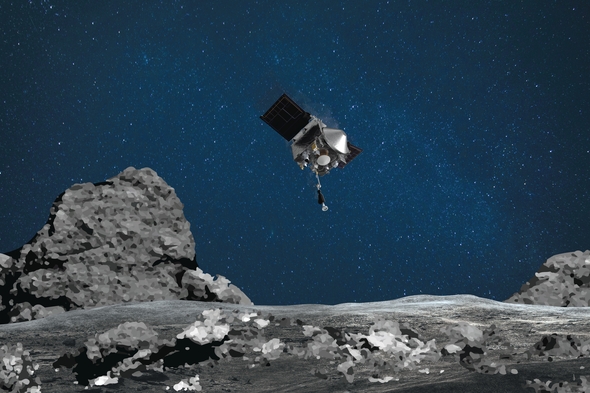
With a sample of asteroid Bennu firmly inside OSIRIS-REx’s return capsule, it’s time to bring this treasure home so scientists can study the composition and history of the space rock. But it’s not the only sample return mission out there, with Japan’s Hayabusa2 mission also bringing asteroid debris home. Today, let’s talk about the missions and what we’ve learned so far.

This year’s Nobel Prize in Physics was awarded to three brilliant researchers who worked out some of the secrets of black holes. Today we’re going to talk about the chain of discoveries that led to this award.
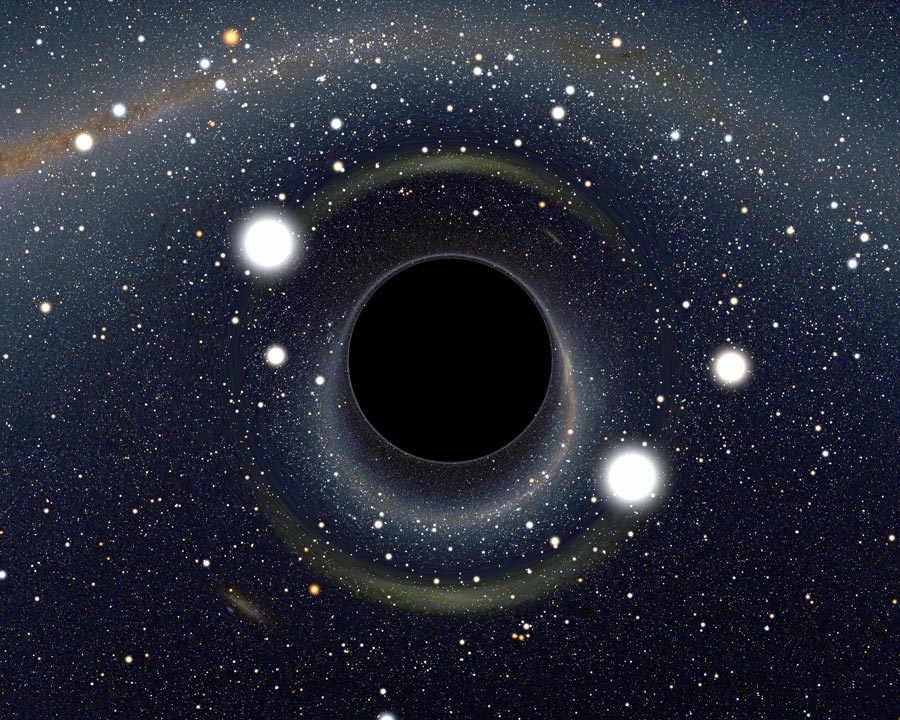
Did you hear the news? Nobel Prizes for black holes. We know there are stellar mass black holes and supermassive black holes, but how do you get from one to the other? How do black holes get more massive?
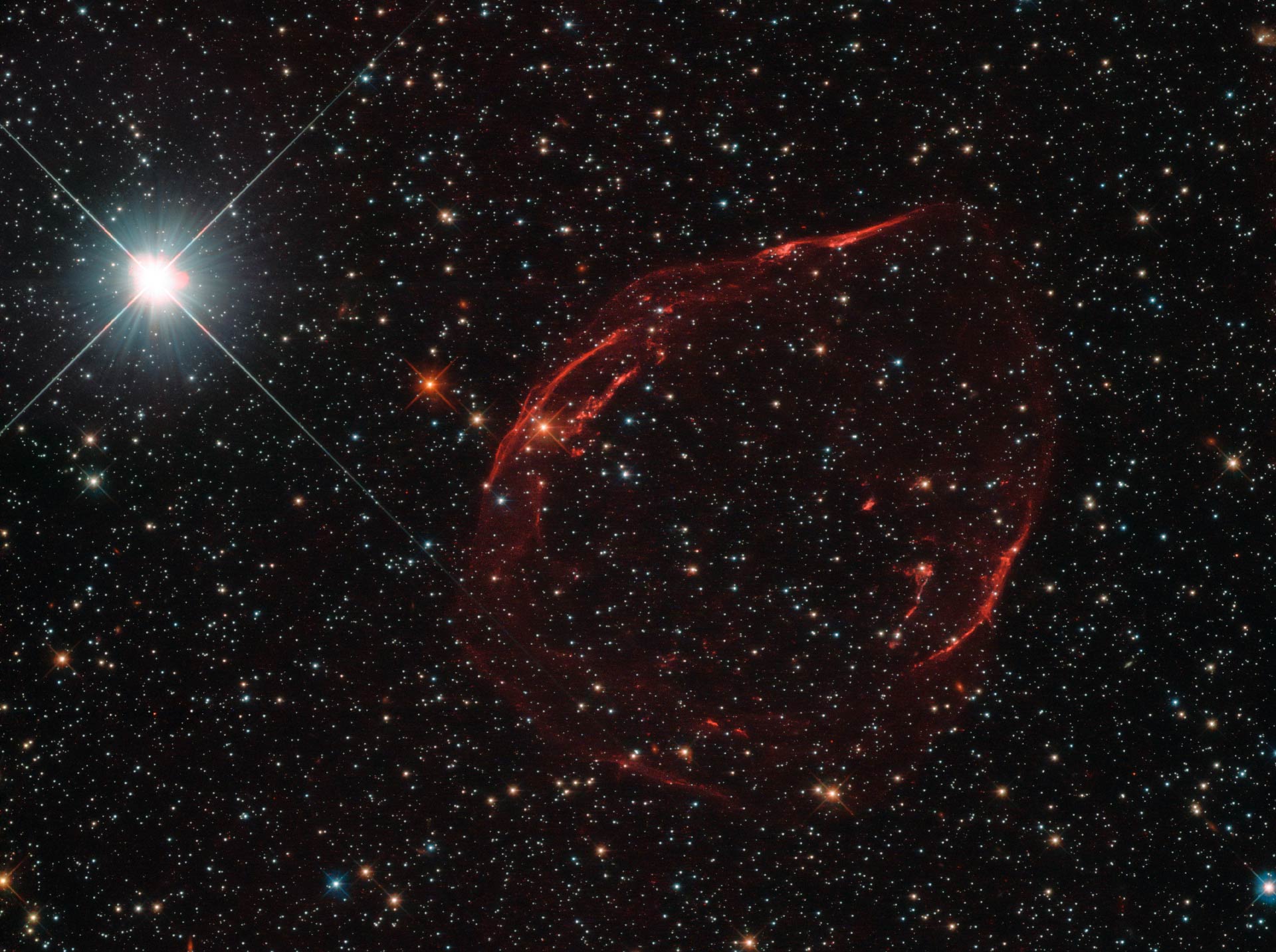
You’d think that a white dwarf star is the end of a stellar life. It’s all downhill from there. A long, slow cool down towards the end of everything. But in some situations, even dead stars can get exciting again, briefly becoming some of the brightest objects in the Universe. And just maybe, the last exciting thing that ever happens in the Universe.
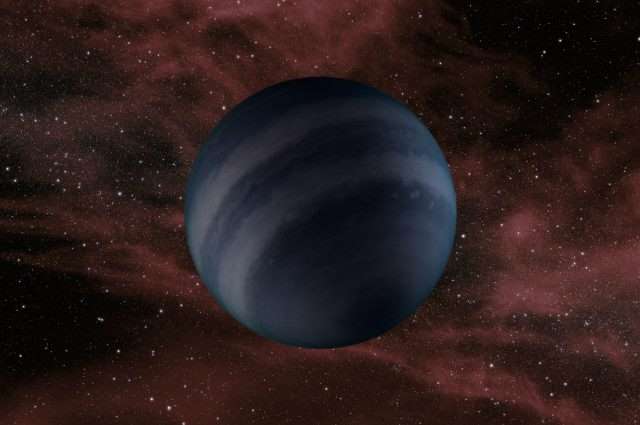
I’ve got some bad news for you: stars die. At some point in the next few billion years or so, our Sun is going to start heating up, using up all the fuel in its core, and then eventually die, becoming a white dwarf. It will then slowly cool down to the background temperature of the universe, becoming a black dwarf.

Have you heard the big news? Of course you have, evidence of phosphine on Venus which could be a biosignature of life on our evil twin planet. There have been a lot of surprising stories about Venus, so let’s get you all caught up.
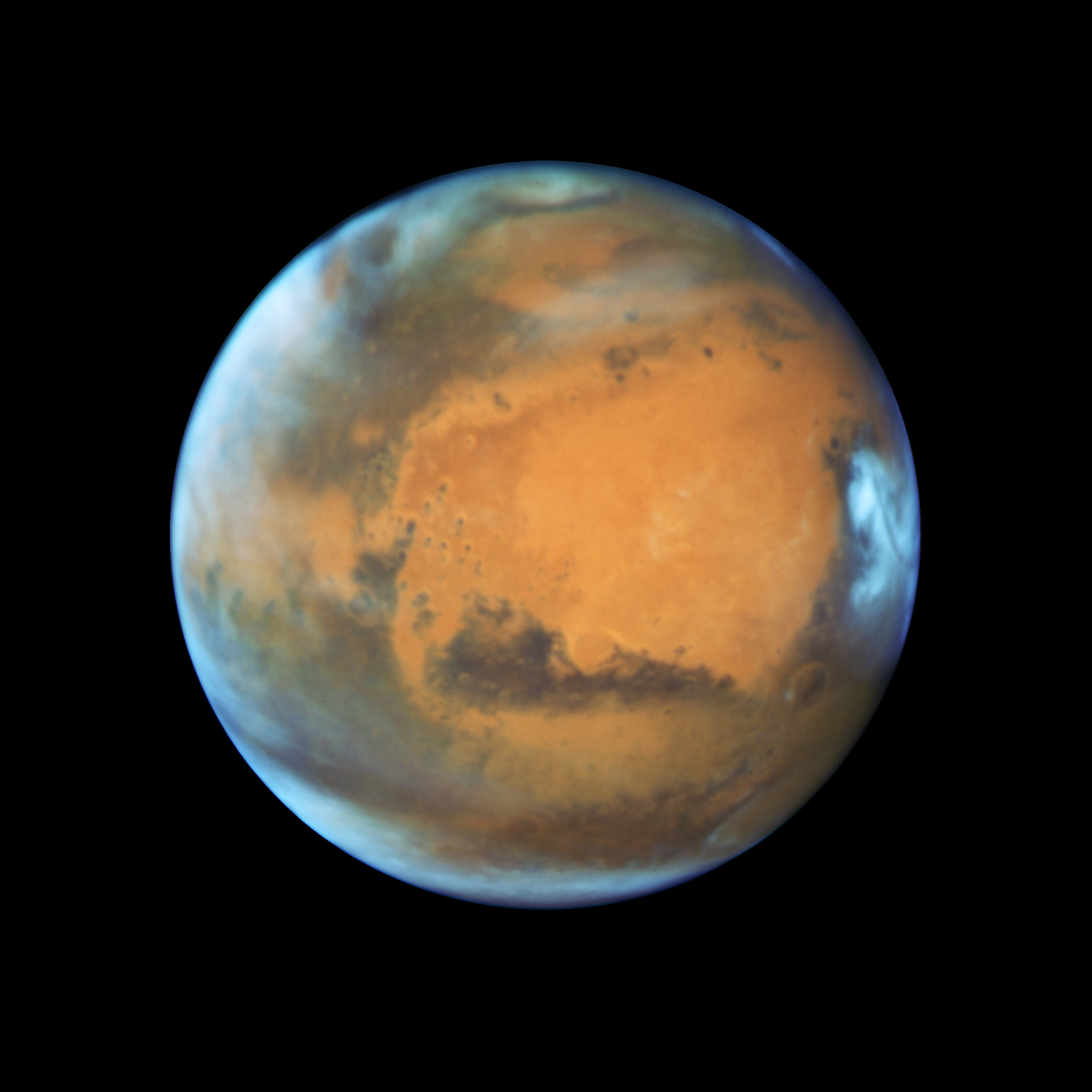
Every two years or so, Mars lines up nicely with the Earth. It only takes two minutes to communicate with rovers, you can see the polar ice caps in a small telescope, and it’s the best time to send spacecraft to the red planet.
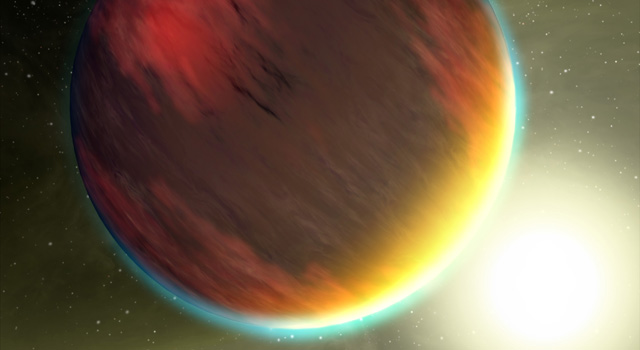
Not only have astronomers discovered thousands of exoplanets, but they’re even starting to study the atmospheres of worlds thousands of light-years away. What can we learn about these other worlds, and maybe even signs of life.
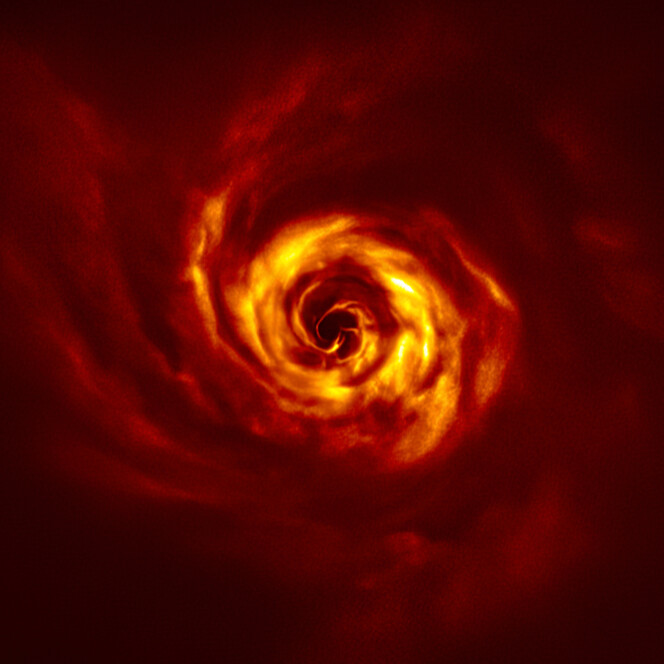
We’re all looking forward to the next generation of exoplanetary research, where we get to see pictures of planets directly. But astronomers are already making great strides in directly observing newly forming planets, helping us understand how our Solar System might have formed.